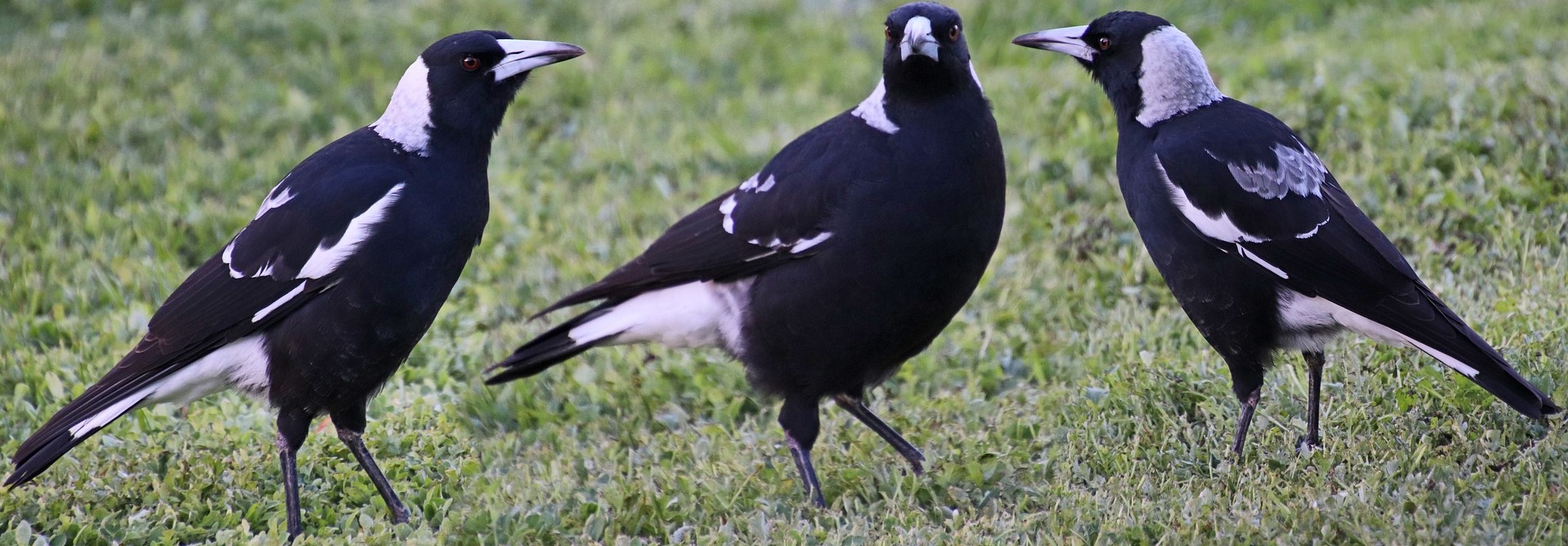But the Environmental Protection Agency (AFP) says they have detected the presence of banned chemicals.
An analysis of samples collected from the dead magpies proved “inconclusive”, says the EPA.
Avian influenza (HPAI) was ruled out but the EPA welcomes any further information relating to the cause of illness in the birds.
The NSW agency’s Director Operations, Scott Kidd says that samples collected from the dead birds and analysed detected two banned pesticides but not at concentrations that would cause illness or death.
“Test results are inconclusive. We cannot confirm whether the birds died from a poisoning incident or from naturally occurring diseases such as ‘black and white bird syndrome’, of which paralysis and weakness are primary symptoms”, he says.
Around 30 magpies were found on two streets in mid-September and taken to the local veterinary hospital displaying weakness and paralysis.
At least nine died at the time and more than 20 others were taken in by local rescue groups to recover, the EPA says.
“What the testing does show, however, is that chemicals found in the samples have historically been used in two banned pesticides — DDE and Dieldrin,” Kidd says.
“This discovery is a serious concern as the Australian Pesticides and Veterinary Medicines Authority deregistered these two pesticides many years ago.”
Kidd says the community must understand that the use of deregistered pesticides is an offence which attracts heavy penalties of up to $500,000 for an individual and $2 million for corporations.
There are no fines for safe disposal of deregistered pesticides through ChemClear.
“Understandably, this incident has been distressing for the community and wildlife carers who responded to and cared for the sick magpies,” Kidd says.
Any resident who suspects they may have one or both pesticides in storage needs to contact ChemClear for safe disposal.
You can report deliberate or reckless use of pesticides to the 24/7 Environment Line on 131 555 or emailing info@epa.nsw.gov.au.






